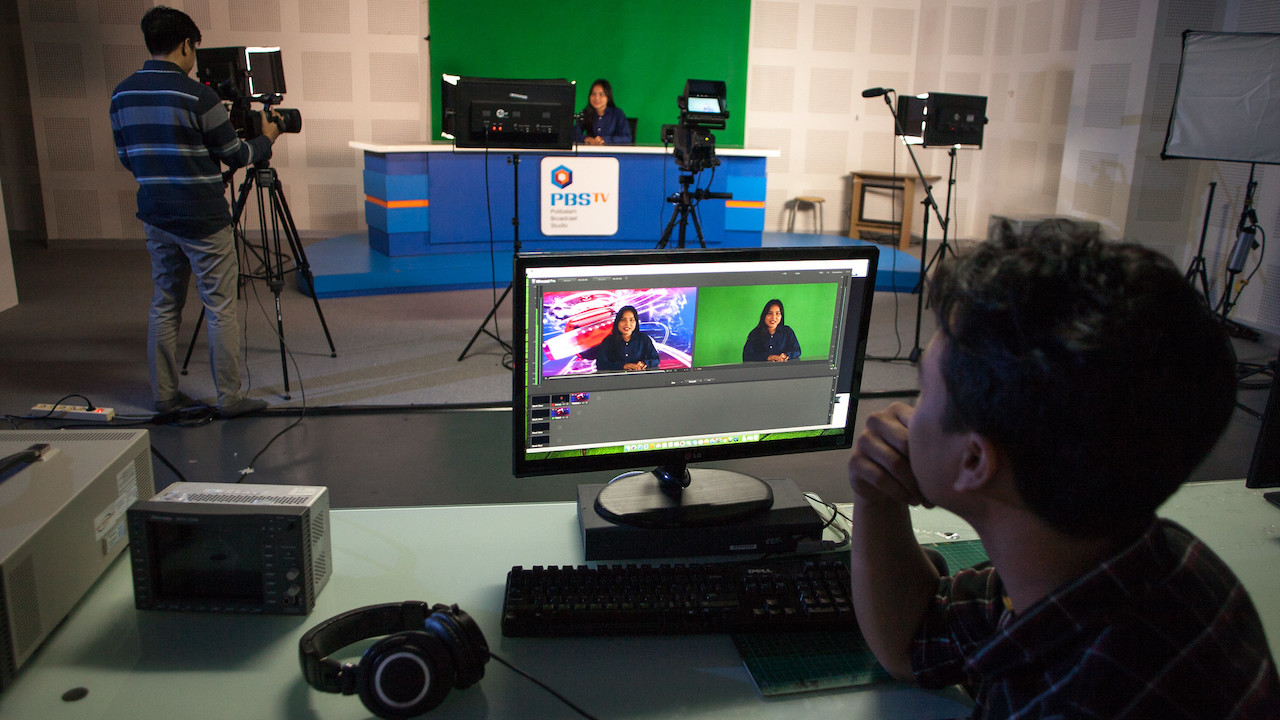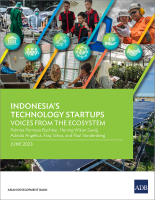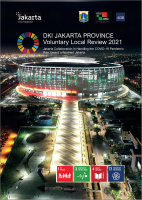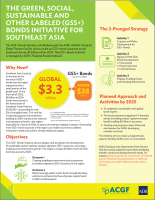
ASEAN wants media organizations to offer closed caption, audio description, and sign language in their broadcasts. Photo credit: ADB.
ASEAN broadcast organizations will be encouraged to offer closed caption, audio description, and sign language services.
The Association of Southeast Asian Nations (ASEAN) is seeking to give people with disabilities better access to information from digital broadcasts through services, like closed caption, audio description, and sign language.
In a statement, the grouping said the ASEAN Ministers Responsible for Information endorsed the Framework for Promoting Accessibility for All in ASEAN Digital Broadcasting on 14 December.
The framework provides guidelines for ASEAN members to promote accessibility in digital broadcasts to benefit all groups of people, including the vulnerable, such as persons with disabilities and senior citizens. The guidelines aim to enhance cooperation on, development of, and commitment to broadcasting access services among ASEAN members.
“These broadcasting access services will create opportunities and reduce barriers for all groups of people, enabling them to gain access to broadcasting content,” according to the framework.
The framework is in line with ASEAN’s goal to build an inclusive and resilient community as well as its commitment to Sustainable Development Goals.
According to the framework, there are three key stakeholders involved in the implementation of broadcasting access services: government, broadcasters and the private sector, and people and civil society. It recommended the following:
For governments and responsible state agencies to
• Recognize and prioritize national policies, or develop regulations for broadcasters, especially state-run agencies, encouraging them to provide public broadcasting access services;
• Encourage cooperation, knowledge sharing, and best practices among ASEAN members and broadcasters;
• Support broadcasters in their implementation of broadcasting access services, through provision of funding, facilities, and technical support and training;
• Foster research and development in technology and related matters, as well as collaborating with regional and international partners;
• Collect feedback and preferences from target audiences and use them to develop policies and standards for better broadcasting access services;
• Expand access services to other media platforms, including digital media and emerging forms of media.
For broadcasters and the private sector to
• Promote awareness of the importance of broadcasting access services among broadcasters and media practitioners and highlight markets and business opportunities for broadcasting access services;
• Study the possibilities for providing broadcasting access services and developing a code of practices for the services;
• Cooperate with state agencies and business partners from the public and private sectors locally and regionally.
For people/civil society to
• Know and recognize their rights and benefits, and use broadcasting access services in ways to access information and content that fulfill their needs;
• Work with stakeholders in developing broadcasting access services;
• Equip people with media and information literacy and digital competency in using broadcasting access services in their daily lives.
Thailand introduced the concept of “accessibility for all” during ASEAN’s working group meetings on digital broadcasting in Bangkok in 2018 and 2019. It recognized that it is crucial for all groups of people to receive accurate and timely public information, especially in times of crises and natural disasters.
The framework will be one of the outcome documents for the 15th ASEAN Ministers Responsible for Information meeting to be hosted by Thailand in February 2021.


